It happens that we find ourselves in a situation of need.
It may be for a service, we may wish to ask for a lift, or we may want to borrow an item of some kind.
More urgently we may require some information, or we may need advice.
We then wonder to whom we will go to present our request.
A neighbour, a colleague, a friend, a relative?
Usually, before addressing ourselves to the person, we remind ourselves of his, or her, character.
We may also recall such occasions, in the past, when we asked for help and… what kind of response we received.
The fact is that we may be afraid that our request will not be granted.
The assistance we need may not be forthcoming.
We may be told that the person is too busy, is not able, has too many commitments already, etc.
Has it happened to you very often that when you asked someone for any kind of help, the person replied: “Of course, I will help you!”
In my own experience, this is not the usual reply…
But with God, things are different.
His ‘reply’ is somehow the ‘matter of fact’ type!
As if he could not refuse, as if it goes without saying that we will receive what we need!…
This is the message that today’s gospel text gives us (6th Sunday of Year B – Mk.1:14-20).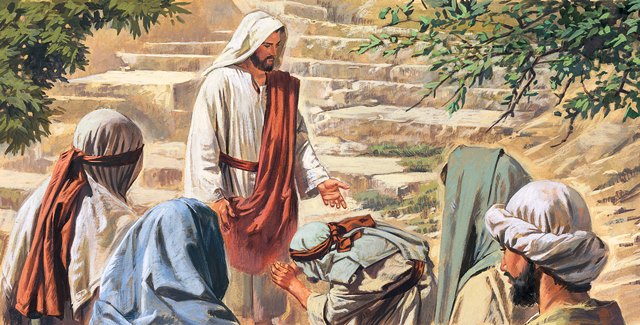
A man comes to Jesus suffering from a shameful disease: leprosy.
As the 1st reading told us (Lev.13:1-2,45-46), such people were to remain far from others, they were somehow outcasts in the Jewish society.
The fear of contracting and spreading the disease was paramount.
The leper tells Jesus: “If you want to, you can cure me.”
The reply of Jesus comes spontaneously and without delay: “Of course, I want to!”
And the man is cured there and then.
 It may be good to remind ourselves that when the ‘if, perhaps, maybe’ are spoken…” they always come from our side…
It may be good to remind ourselves that when the ‘if, perhaps, maybe’ are spoken…” they always come from our side…
God’s vocabulary does not seem to include these words…
With him it is: “Of course, I want to…
To help, to cure, to comfort, to free, to guide, to answer you whatever be your need.
Really? You can but try!
Source: Images: manaogbasilica.org Prayer for Special Help
 Giving Tuesday is a Movement that Unleashes the Power of Radical Generosity Around the World.
Giving Tuesday is a Movement that Unleashes the Power of Radical Generosity Around the World.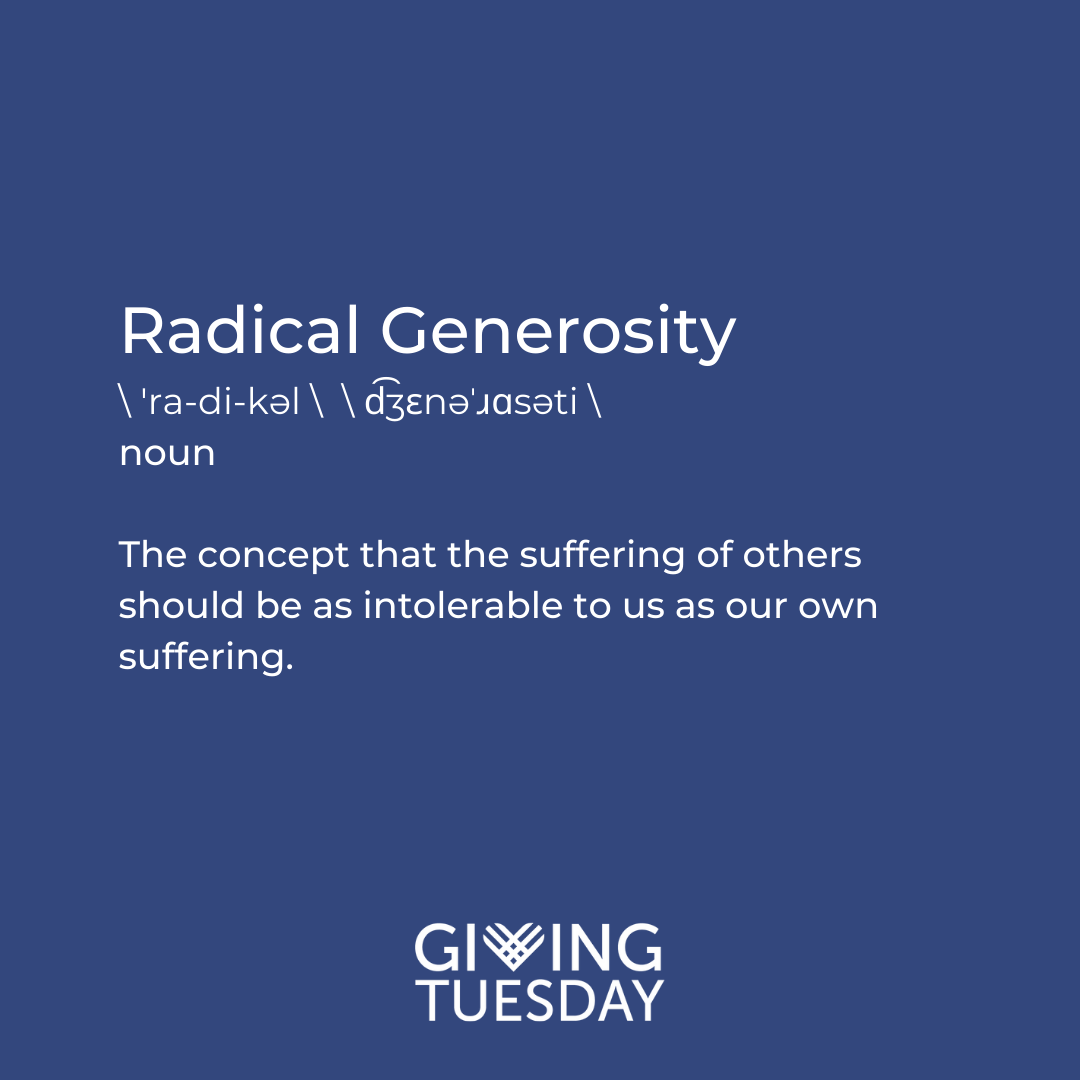 Giving Tuesday reimagines a world built upon shared humanity and generosity.
Giving Tuesday reimagines a world built upon shared humanity and generosity.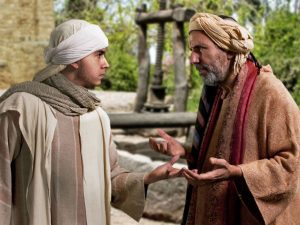
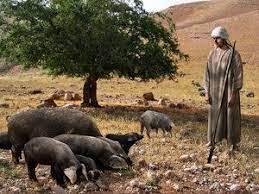
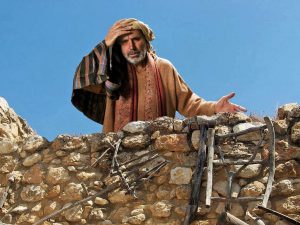
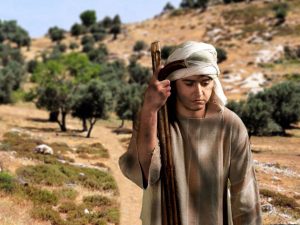

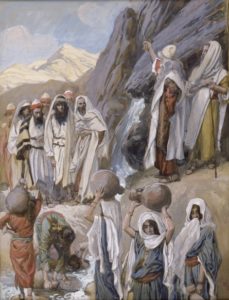 The 1st reading on this 3rd Sunday of Lent (Year A – Exodus 17:3-7)
The 1st reading on this 3rd Sunday of Lent (Year A – Exodus 17:3-7)  “The Lord is faithful.”
“The Lord is faithful.”

 This is precisely the point of Jesus’ parable in today’s gospel text (Lk.11:1-13).
This is precisely the point of Jesus’ parable in today’s gospel text (Lk.11:1-13).
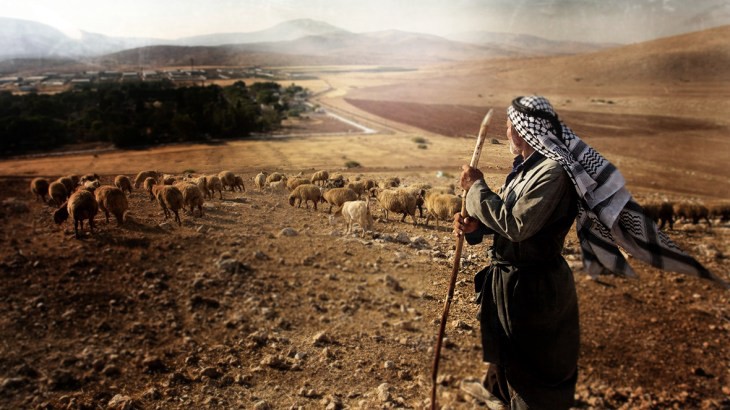
 I wonder, yes, I do… how many people are aware that God himself offers us precisely that:
I wonder, yes, I do… how many people are aware that God himself offers us precisely that:
 It may be good to remind ourselves that when the ‘if, perhaps, maybe’ are spoken…” they always come from our side…
It may be good to remind ourselves that when the ‘if, perhaps, maybe’ are spoken…” they always come from our side… « Endemic sexual violence including rape, abduction, human trafficking, sexual slavery and forced marriage contributes to the disproportionate suffering of women and girls in conflict. » — UN Secretary-General, António Guterres
« Endemic sexual violence including rape, abduction, human trafficking, sexual slavery and forced marriage contributes to the disproportionate suffering of women and girls in conflict. » — UN Secretary-General, António Guterres